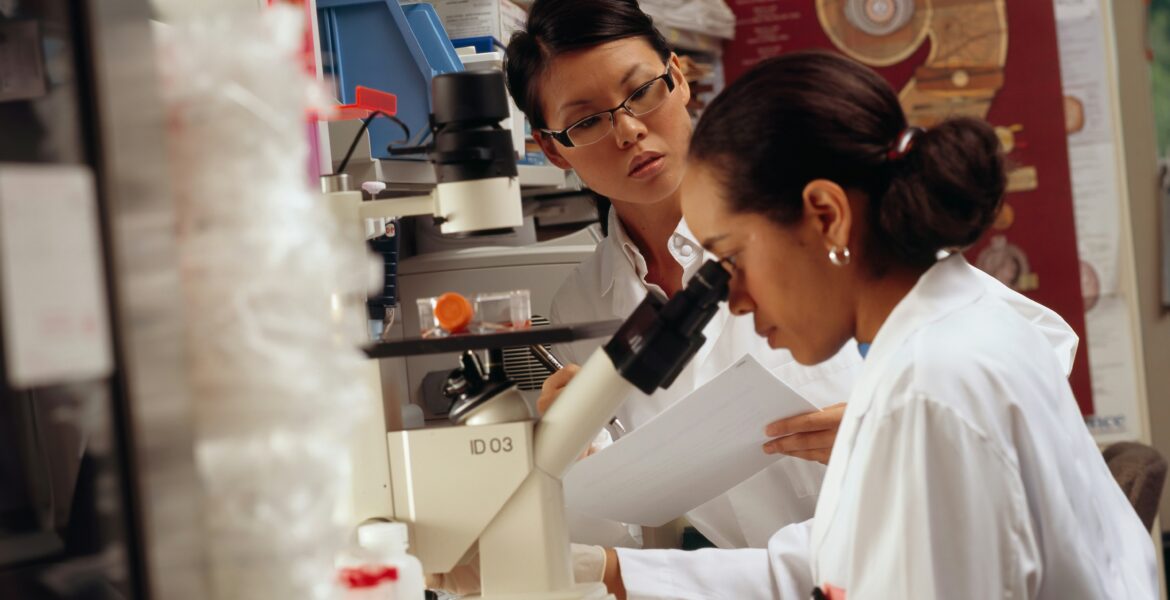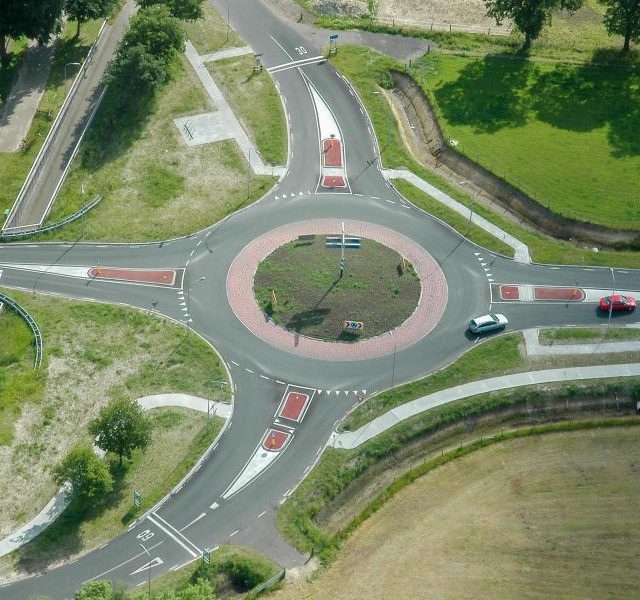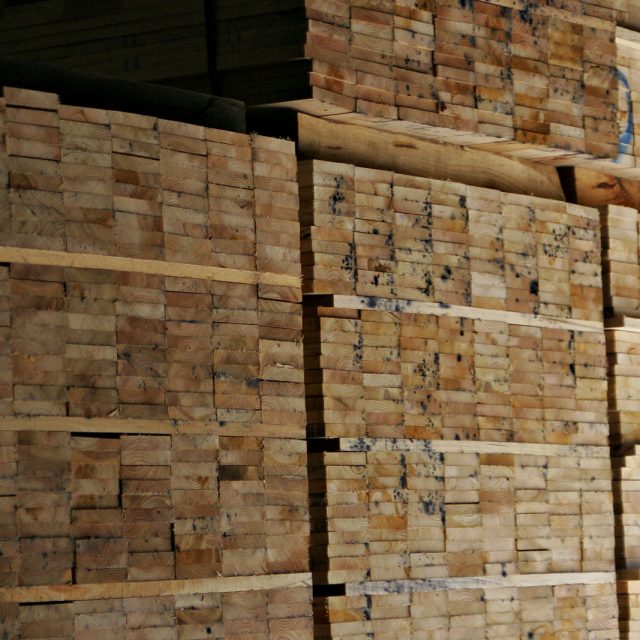Photo by National Cancer Institute on Unsplash
Three courageous female health professionals who work in Ukraine have told this website of the “nightmarish” conditions they have to work under as a result of the war.
They were in Brussels this week to attend a major cancer summit.
It is estimated the war has so far killed 80,000 Ukrainian men, with up to 100,000 wounded and 15,000 missing.
Dr Ivanna Zaliska, who works at the City Centre Clinical Hospital in Ivano Frankivsk, told me: “It is very, very scary, especially when the air raid sirens go and people have to go down to the underground shelters.”
“You do not know if and when the missiles will hit the hospital. But, of course, we have emergencies and surgery to think about as well as war at the same time, dealing with people who may have had a stroke or heart attack.”
“Very often one has to go out of the hospital and risk one’s own life to help others. Fortunately, when the lights go out we still have emergency generators to allow us to continue to work. You just have to get on with it and do your best.”
The young doctor added, “A lot of people are suffering and not just physically but psychologically too with all the stress and anxiety of it all. Many will suffer long term stress related issues. We also have to deal with a lot of displaced people who are a long way from home.”
Uliana Sydor is a coordinator of hospital projects in the same hospital who is also having to bravely do vital medical work under near-impossible conditions.
She said the war had presented huge challenges for health professionals, adding, “We live in very uncertain and dangerous times and this is no more clear than in Ukraine right now. But at least the world has noticed what is going on and is trying to help.”
“The beauty of attending an event like this is that it is a chance to network and foster partnerships with others from other countries. We do need more expertise and, even when the war ends, there will be massive challenges in terms of rehabilitation and suchlike.”
“Cancer rates in Ukraine went up after the pandemic and most expect the same to happen as a result of the war. It is very, very sad.”
Also attending the conference is Anna Uzlova, of the Charity Foundation Inspiration Family, which supports adult cancer patients in Ukraine. She said many people had sought to move abroad for cancer treatment due to the war and that it was proving very difficult to access the necessary drugs and treatment for patients.
All three women were attending the European Cancer conference in Brussels, a two day event which concludes on Thursday (21 November).
Media professionals in Ukraine are also facing grave danger in their work.
A spokesman for the National Union of Journalists Ukraine said, “For 1,000 days now, Ukrainian journalists have been covering russian aggression, some at the cost of their lives.”
“As a result of another missile attack on Kryvyi Rih, the apartment of the media person and cameraman of the Rudana TV and radio company, Maksym Ponomariov, was damaged this week.”
“Currently, the windows in the rooms are broken, the frames and the balcony were seriously damaged. The city of Kryvyi Rih is regularly subjected to Russian shelling and attacks, so the townspeople’s homes are destroyed almost every day,” said the spokesman.
Last week, Ukrainian journalists celebrated the Day of Radio, Television, and Communications Workers and the Verkhovna Rada of Ukraine awarded certificates and thanks to 13 media workers for their fruitful work.
Elsewhere, S&D leader in the EU parliament, Iratxe García, has called for an increase in EU aid, including military support and to do all that is necessary for Ukraine to become a free and sovereign country and decide on its future as an EU member.
She said it was “1,000 days since Russia’s illegal invasion of Ukraine, as well as 4,000 days since the aggression against Ukraine began in 2014.”
“I want to reaffirm, on behalf of the S&D family, our total support to Ukraine, for as long as it takes. It is not only about helping Ukraine for as long as necessary, but also about supporting Ukraine with everything necessary,” said the Spanish MEP.
ECR Co-Chairman Nicola Procaccini reiterated his group’s firm call for the European Union to stand with Ukraine for as long as it takes.
According to Procaccini, the example of the Ukrainian people defending their country shows that homeland is not a word that belongs to the past, but is still what holds the meaning of men and women in history. It teaches us that freedom is not a political slogan, but a necessity of the soul.




